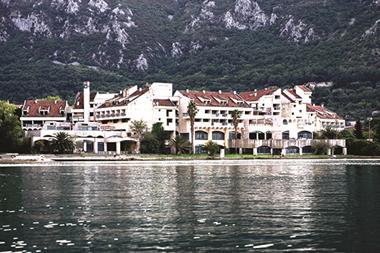It wasn’t so long ago that senior industry figures were railing against the government for being fixated on stimulating demand in the housing market at the expense of supply.

Initiatives such as Help to Buy were all fine and well, they argued, but people had to have something to buy.
Thankfully, the penny seems to have finally dropped that a failure to deliver homes in sufficient numbers is every bit as much at the heart of the nation’s housing crisis as rising property values. Over the past few weeks, there has been a noticeable shift in focus from the demand to the supply side of the equation.
The government has already announced it is canning the most controversial aspect of its Help to Buy initiative, the government-backed mortgages that people complained only exacerbated the problem by inflating prices and further squeezing supply.
Now, in a bid to speed up housing delivery, the government is saying it is prepared to buy homes developers cannot sell, as we reveal. It is an interesting move and shows government is prepared to be interventionist, as Theresa May promised it would be in markets seen to be failing.

But cripes, its ambitions are not exactly grand in scale - it’s only expecting the £2bn accelerated construction scheme to deliver an additional 15,000 homes by 2020.
It also raises the interesting prospect of the government bailing out a big housebuilder. I’m not sure how well it would play with the public if the ministers started using taxpayer money to buy homes from housebuilders posting huge profits, paying massive salaries and giving shareholders chunky dividends. And as Telford Homes’ Jon Di Stefano says, if the builder can’t sell them, why would the government be able to?
From local to global crises
If you think it is only the UK that is facing a national housing crisis, think again. In this week’s special international issue, we take a look at the Israeli housing market, where residential developers are having no problem selling homes - it’s the price that they are forced to sell them at that is the issue.
Under the government’s Buyer’s Price initiative, which makes Help to Buy look like child’s play, anyone building on government land - that’s 93% of the country - has to sell almost everything at a 20% discount and only to first-time buyers. The result? The gap between supply and demand is getting even bigger and developers are praying for a similar shift in government policy to the one we’ve seen here.
An accommodation crisis of a different sort is explored in our cover feature on the decline and fall of Montenegro’s Hotel Fjord, a sorry saga of two international investors falling out and the impact this has had on the town of Kotor’s fortunes.

International investors are also at the heart of our report on where - and why - the big agents are setting up new offices around the world. It’s no great surprise that they’re following the money.
Our New York correspondent, meanwhile, investigates the city’s supposed restaurant crisis and launches an impassioned defence of its landlords, who he thinks are unfairly blamed when they should be seen as an integral ingredient in the sector’s success.
So, ahem, plenty of food for thought there as well.






























No comments yet